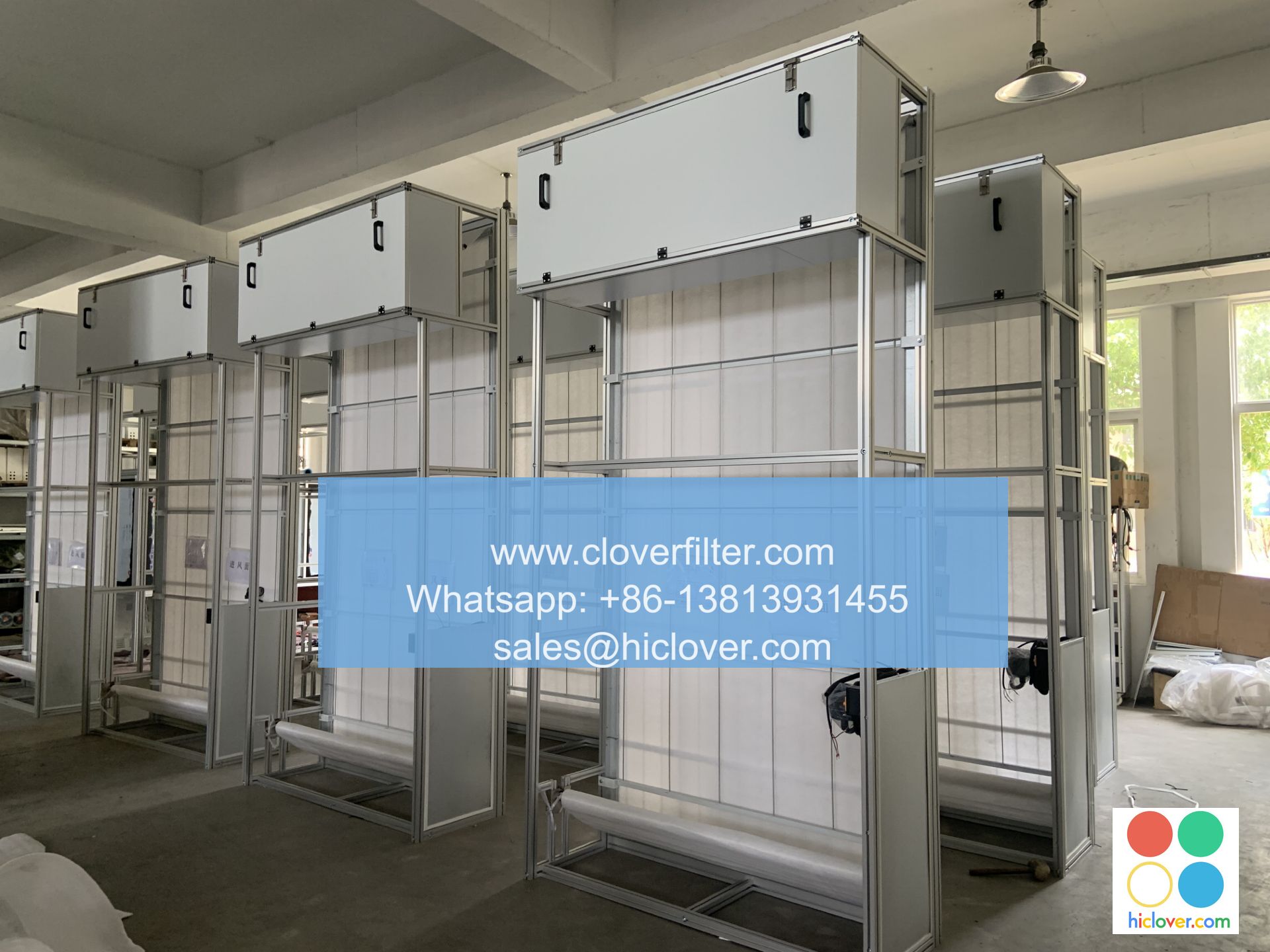The Impact of Air Filter Size on Air Quality and Efficiency

The Importance of Air Filter Size: Understanding the Impact on Air Quality and Efficiency
Introduction
Air filters play a crucial role in maintaining good indoor air quality (IAQ) and ensuring the efficiency of various systems. The size of an air filter, in particular, can have a significant impact on both the effectiveness of the filter and the overall quality of the air. In this article, we will explore the impact of air filter size on air quality and efficiency, highlighting various application areas where proper filter sizing is crucial.
The Effects of Insufficient or Inadequate Filter Sizing
Using an air filter that is too small or too large for a given application can lead to a range of negative consequences, including:
- Reduced Airflow and Pressure Drop: A filter that is too small may not be able to handle the airflow rate or pressure requirements of a system, leading to reduced airflow and increased pressure drop.
- Decreased Air Quality: A filter that is too large for a system may not be able to capture contaminants and pollutants effectively, resulting in decreased air quality.
- Increased Energy Consumption: A poorly sized filter can lead to increased energy consumption and reduced system efficiency.
- Airflow Rate: The recommended airflow rate should be matched to the actual airflow rate of the system.
- Filter Rating: The filter rating should be matched to the level of contamination present in the system.
- System Configuration: The filter size should be selected based on the system configuration, including the type of equipment and air handling unit (AHU) used.
- Commercial and Industrial Facilities: Proper filter sizing is crucial in commercial and industrial settings where airborne contaminants and pollution can be significant.
- Healthcare Settings: High-efficiency filters are often required in healthcare settings to prevent the spread of airborne pathogens and maintain optimal air quality.
- Data Centers and Server Rooms: Proper filter sizing is essential in data centers and server rooms where temperature and humidity control are critical.
- Residential Spaces: Even in residential settings, a well-sized filter can help maintain good indoor air quality and reduce energy consumption.
Optimizing Filter Sizing for Improved Air Quality and Efficiency
To ensure optimal air quality and efficiency, it is essential to select the correct filter size for a given application. The following factors should be considered when selecting an air filter:
Key Applications Where Filter Sizing Matters
The importance of proper filter sizing is not limited to a specific industry or application. The following areas, in particular, require careful consideration of filter size:
Conclusion
In conclusion, the size of an air filter can have a significant impact on both the quality of the air and the efficiency of a system. By understanding the importance of proper filter sizing and considering the relevant factors, individuals can ensure that their air filters are performing at optimal levels. Whether in a commercial, industrial, or residential setting, proper filter sizing is crucial for maintaining good air quality and reducing energy consumption.
It looks like you’ve entered an empty prompt! That’s no fun! I’d love it if you could give me a real prompt to work with. What would you like to talk about, ask, or learn about? I’m here to help with any questions or topics you’d like to explore!

